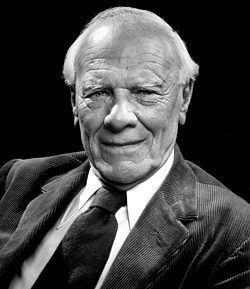 by Chris Banescu –
by Chris Banescu –
The renowned journalist Malcolm Muggeridge, in his “The Great Liberal Death Wish” article observed the universal pattern of tyranny, delusion, and depravity that follows once man rejects God and embraces godless materialism in all its forms (socialism, communism, progressivism, etc.).
His insights are as valid today as they were in 1979 when he first published it. Looking around the world around us we see the darkness, corruption, insanity, and chaos that accompany man’s rejection of his Creator. As the Psalmist declared “Unless the Lord builds the house those who build it labor in vain.” (Psalm 127:1)
“Once you eliminate the notion of a God, a creator, once you eliminate the notion that the creator has a purpose for us, and that life consists essentially in fulfilling that purpose, then you are bound, as Pascal points out, to induce the megalomania of which we’ve seen so many manifestations in our time – in the crazy dictators, as in the lunacies of people who are rich, or who consider themselves to be important or celebrated in the western world. [Read more…]
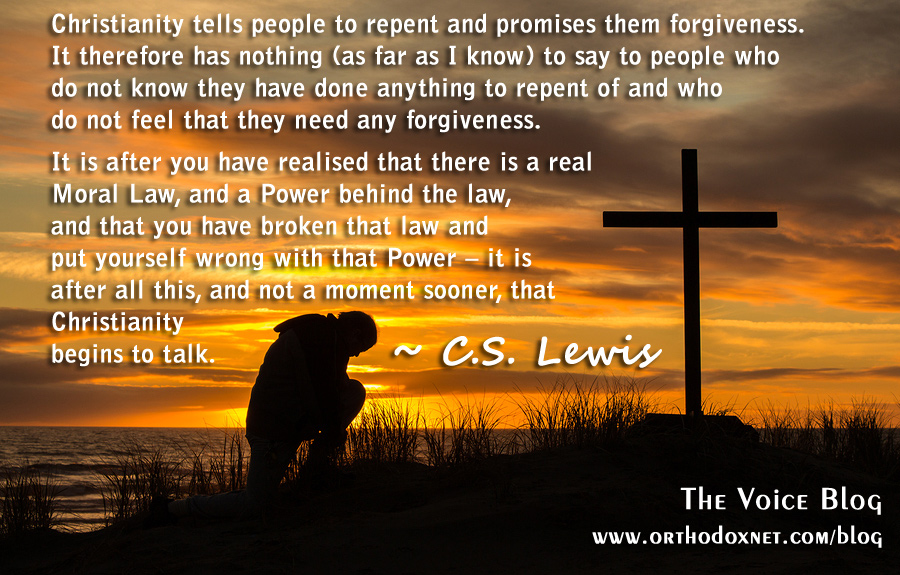

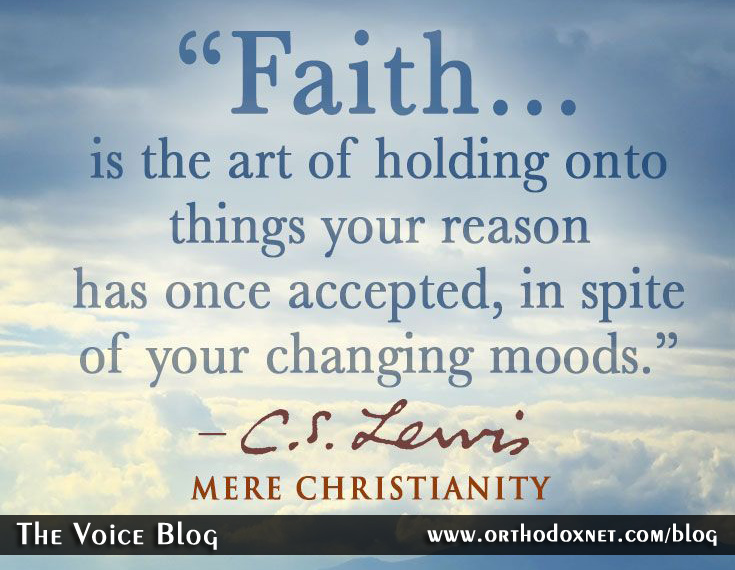 In his timeless writings C. S. Lewis cautioned us about the battle between faith and reason versus emotion and imagination that frequently rages in our hearts and minds. He wisely warned that intense emotions can destroy our faith in what we already know to be true. Lewis counseled us that teaching our moods “where they get off” was a necessary virtue of being a good Christian or even a “sound atheist.”
In his timeless writings C. S. Lewis cautioned us about the battle between faith and reason versus emotion and imagination that frequently rages in our hearts and minds. He wisely warned that intense emotions can destroy our faith in what we already know to be true. Lewis counseled us that teaching our moods “where they get off” was a necessary virtue of being a good Christian or even a “sound atheist.”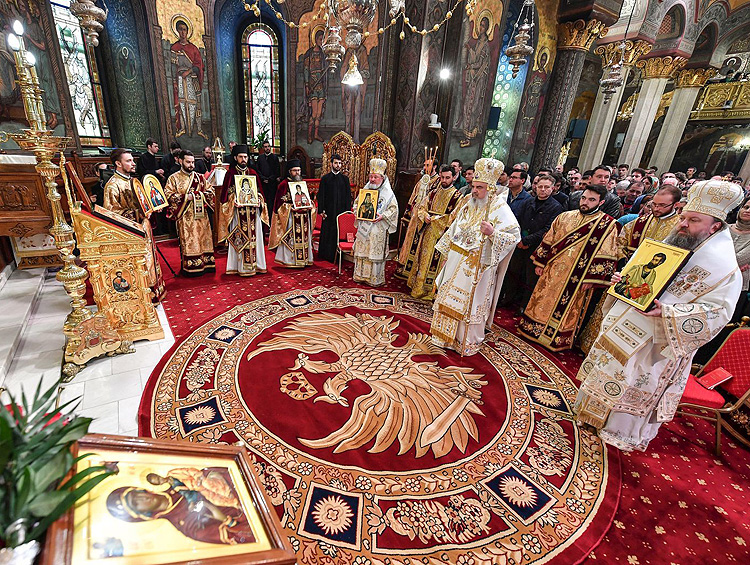 The masterful and wisdom-filled writings of G. K. Chesterton remind us why the Christian Church cannot afford to swerve even “a hair’s breadth” on important theological truths. While not written with regards to the Orthodox Church specifically, his insights also describe how the Orthodox Church has continually fought to defend the Truth and the Christian faith as taught by Jesus Christ, embodied in the Scriptures, preached by the Apostles, attested by the Martyrs, reflected in the writings of the Saints, and expounded by the Fathers.
The masterful and wisdom-filled writings of G. K. Chesterton remind us why the Christian Church cannot afford to swerve even “a hair’s breadth” on important theological truths. While not written with regards to the Orthodox Church specifically, his insights also describe how the Orthodox Church has continually fought to defend the Truth and the Christian faith as taught by Jesus Christ, embodied in the Scriptures, preached by the Apostles, attested by the Martyrs, reflected in the writings of the Saints, and expounded by the Fathers.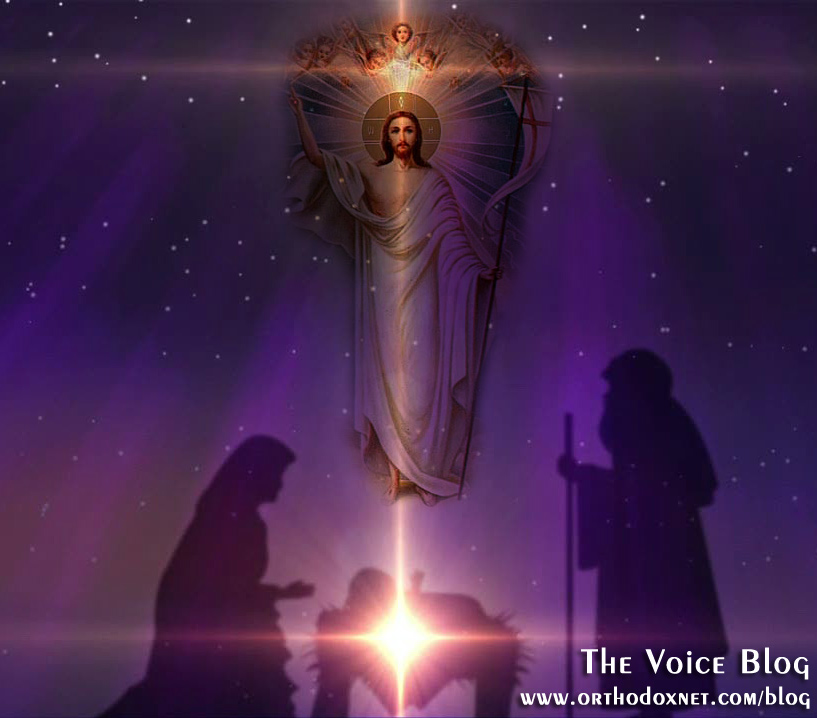 by C.S. Lewis –
by C.S. Lewis –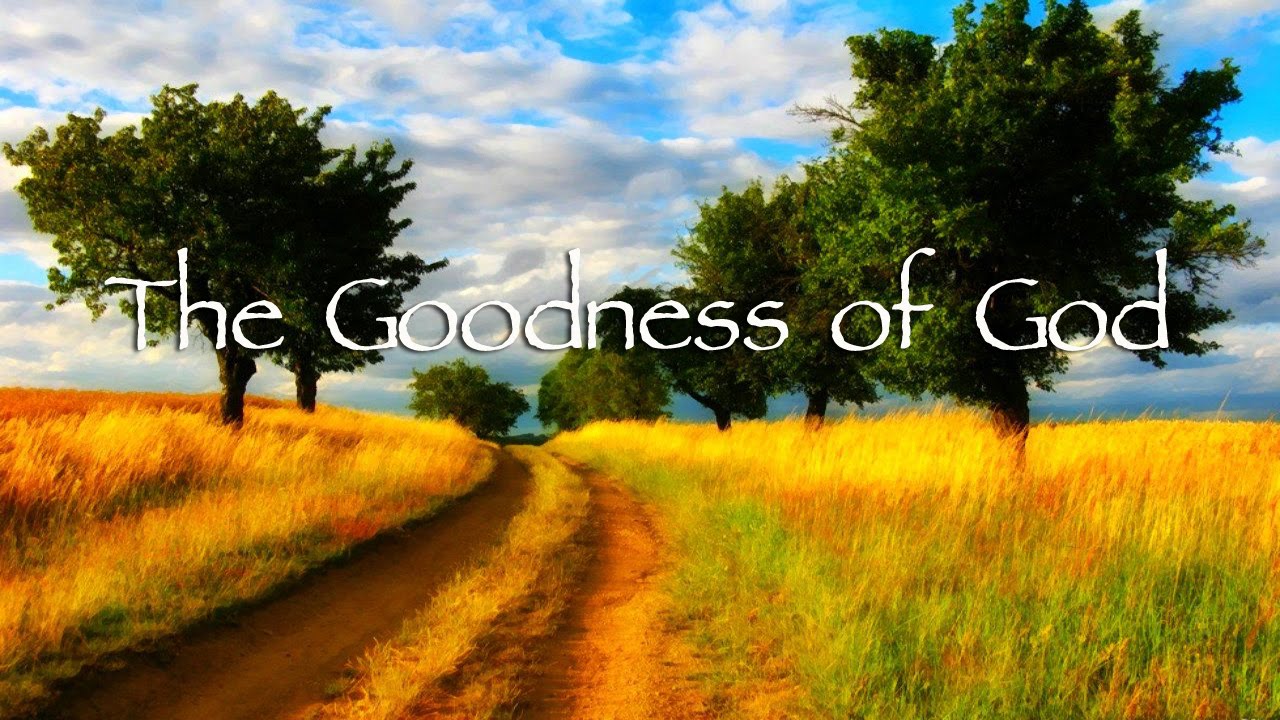 by Chris Banescu –
by Chris Banescu – by Chris Banescu –
by Chris Banescu –